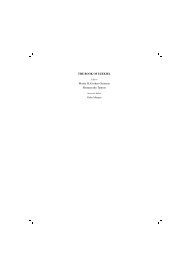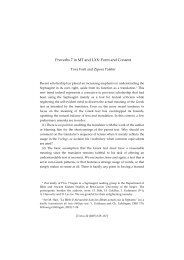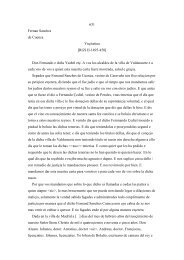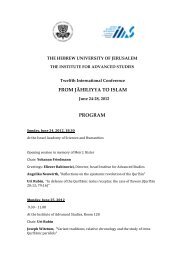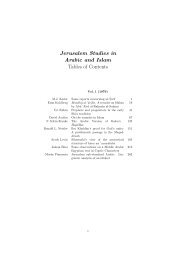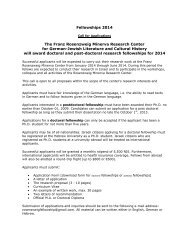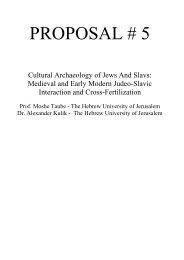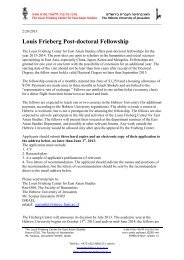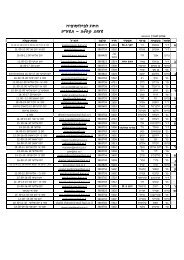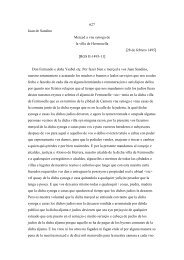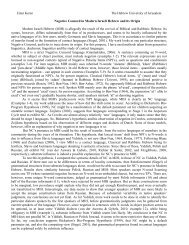Baber Johansen
Baber Johansen
Baber Johansen
Create successful ePaper yourself
Turn your PDF publications into a flip-book with our unique Google optimized e-Paper software.
37<br />
In the field of the cult, the believer’s normative behavior is directed by<br />
his attempt to adapt to the sacred and to cut himself off from the profane<br />
in order to come closer to God. This is evident in the obligatory prayers,<br />
the holy month of RamaÃān, the month of pilgrimage and the sacred<br />
space of Mecca’s Îaram. The state of consecration that the believers<br />
acquire when they enter into prayer or take on the pilgrim’s status and the<br />
profane state to which they return after the accomplishment of these<br />
duties translate the opposition between the sacred and the profane. The<br />
spatial and temporal sphere of the sacred thus gives its meaning to the<br />
cultic acts.<br />
VII.2: The cult: a model of embedded normative behavior<br />
The cult is a model for normative behavior. The performance of cultic<br />
acts requires an embodied capacity to orient one’s behavior according to<br />
rules. The fact that its norms are characterized by an opposition between<br />
the sacred and the profane qualifies the cult as a sphere of transcendence<br />
that follows its own rules. As far as prayer, fasting, and pilgrimage are<br />
concerned, this sphere of transcendence is accessible for the believers<br />
only during specified times of the day or the year or in a specific space.<br />
Cultic acts provide the law with a model of unilateral obligations. The<br />
believer owes God fasting, prayer, and pilgrimage. If he does not perform<br />
them in the time prescribed for them, he owes their performance at a later<br />
date. If he does not fulfill this obligation, he violates the legal norm. The<br />
notion of debt is thus introduced in the relation between the believer and<br />
God and expressed in a terminology (dayn) that is also used for debts in<br />
the commercial exchange. 94 The cultic act fulfills, as the jurists say, a<br />
purpose (qaÒd): it serves to bring the believer near to God (taqarrub). It<br />
is based on the religious ethics of probation and reward. It is construed as<br />
a legal act, the validity of which rests on the free choice (ikhtiyār), the<br />
intent (niyya) and the purpose (qaÒd) of the actor. The actor’s mental<br />
capacity to perform legal acts (ahliyya) and his legal personality<br />
(dhimma) that allows her to incur obligations are the basis of her debt to



